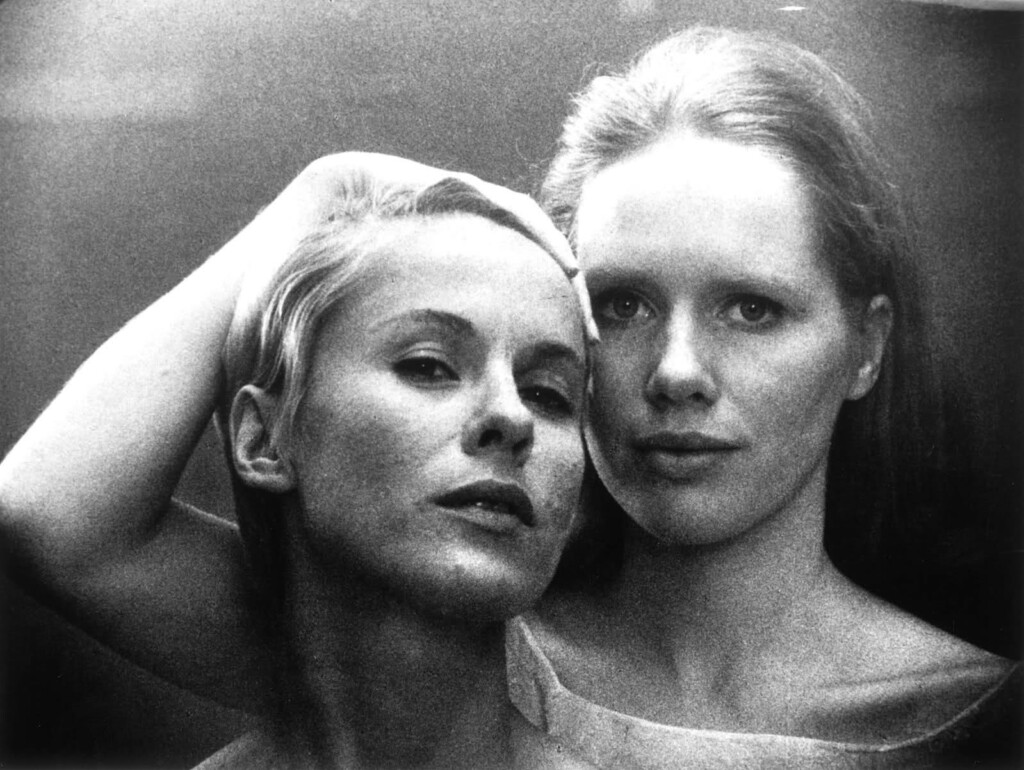Few partnerships in cinema have explored the human soul as profoundly as Ingmar Bergman and Liv Ullmann.
When Swedish director Ingmar Bergman cast Norwegian actress Liv Ullmann in Persona
(1966), he initiated not just one of the most celebrated collaborations in film history but also a
deeply personal and creative bond that would span over a decade. Together, they shaped a
body of work that examined the intricacies of identity, relationships, and existential despair, with
an artistry that continues to resonate.
Persona and the Birth of a Partnership
Persona was a turning point for both Bergman and Ullmann. Bergman, already a towering figure
in world cinema, pushed boundaries with this enigmatic psychological drama, while Ullmann’s
portrayal of a nurse entangled in an ambiguous, almost metaphysical relationship with her mute
patient cemented her as a singular force onscreen. Offscreen, their creative collaboration soon
intertwined with an intense, tumultuous romance.
Their personal lives may have been fraught—Bergman’s moodiness and controlling tendencies
often clashed with Ullmann’s independent spirit—but it was this tension that fueled their art.
Bergman once described Ullmann as “an artist of the soul,” and indeed, her performances in his
films often seem to channel something elemental, raw, and timeless.
Films of the Heart
Over the next decade, Ullmann became Bergman’s muse and the emotional core of many of his
most lauded films. In Cries and Whispers (1972), her portrayal of a terminally ill woman in a
family riven by emotional isolation is hauntingly intimate. In Scenes from a Marriage (1973), a
searing dissection of love and resentment, she delivered a performance so unvarnished it felt
voyeuristic.
Each of their collaborations grappled with questions of human frailty and connection, yet
Ullmann’s presence added warmth and humanity to Bergman’s sometimes austere visions.
Critics have often remarked that Ullmann wasn’t merely performing Bergman’s scripts; she was
excavating her own truths within them.
Beyond the Screen
Their creative partnership extended even after their romantic relationship ended. Bergman
directed Ullmann in Autumn Sonata (1978), a film marked by its blistering mother-daughter
confrontations, with Ullmann holding her own opposite Ingrid Bergman. Later, Ullmann herself
became a filmmaker, often citing her experiences with Bergman as formative in shaping her
approach to storytelling.
Their films are not easy viewing. They demand patience, introspection, and a willingness to
confront uncomfortable truths. Yet, it is precisely this unflinching gaze into the human psyche
that makes the Bergman-Ullmann collaborations so enduring. Together, they created a
cinematic legacy that feels both intimate and universal—a dialogue between two artists
searching for meaning in the shadows of existence.
Great art often comes from great risks, and Bergman and Ullmann took those risks
together—on screen, in life, and ultimately, for all of us.










